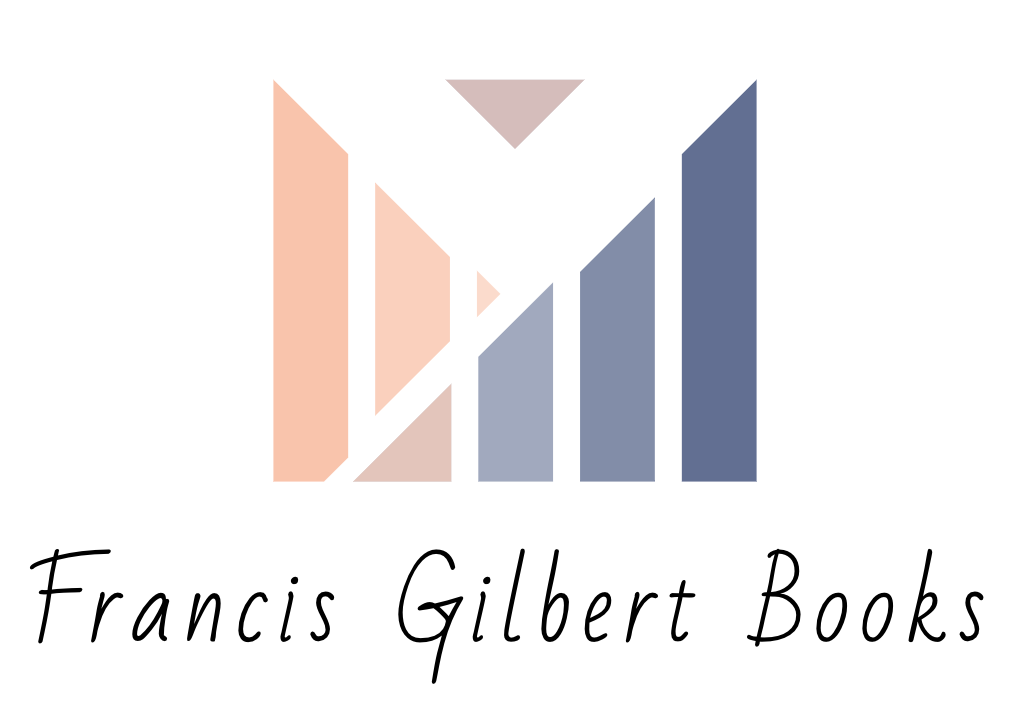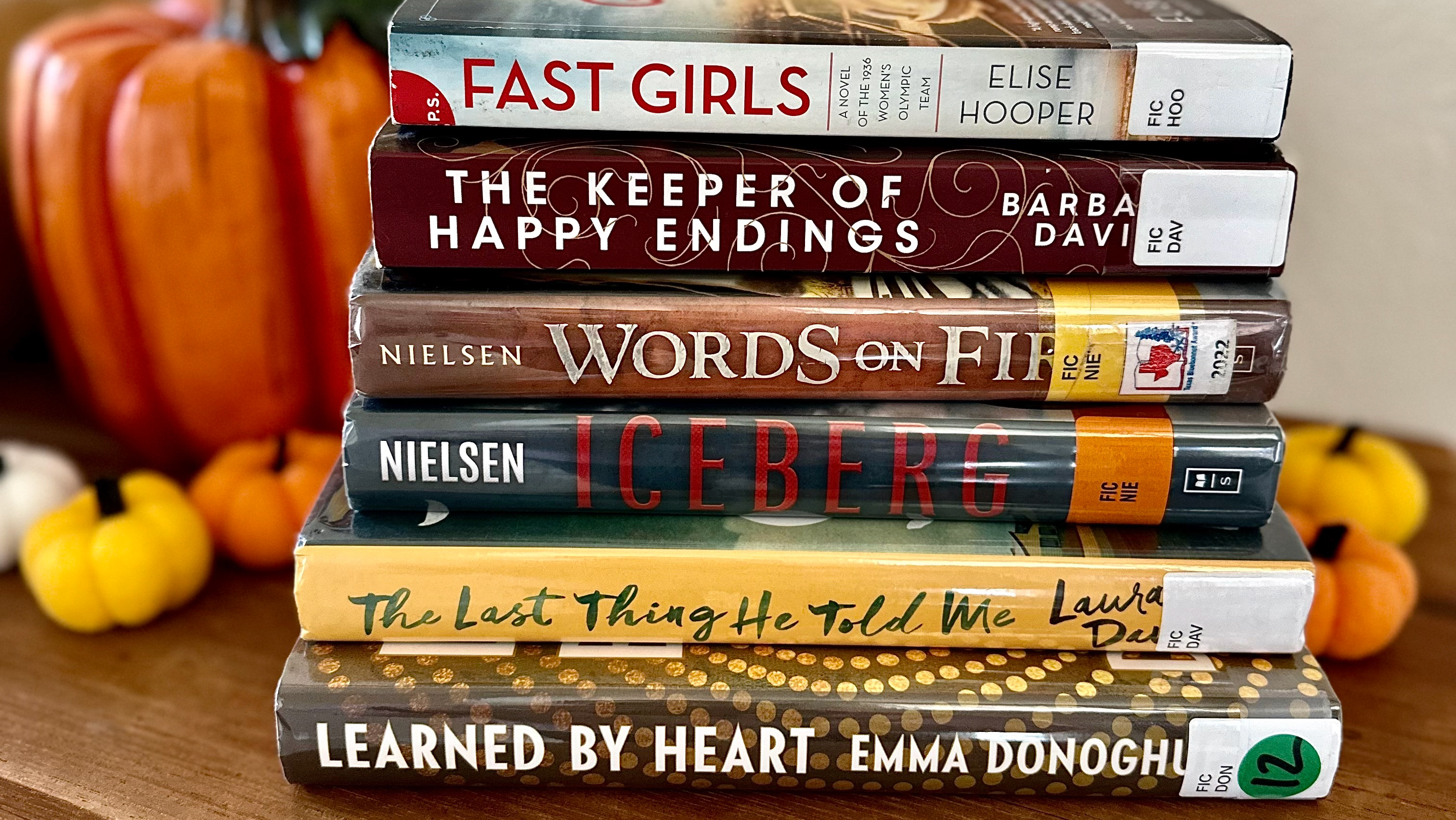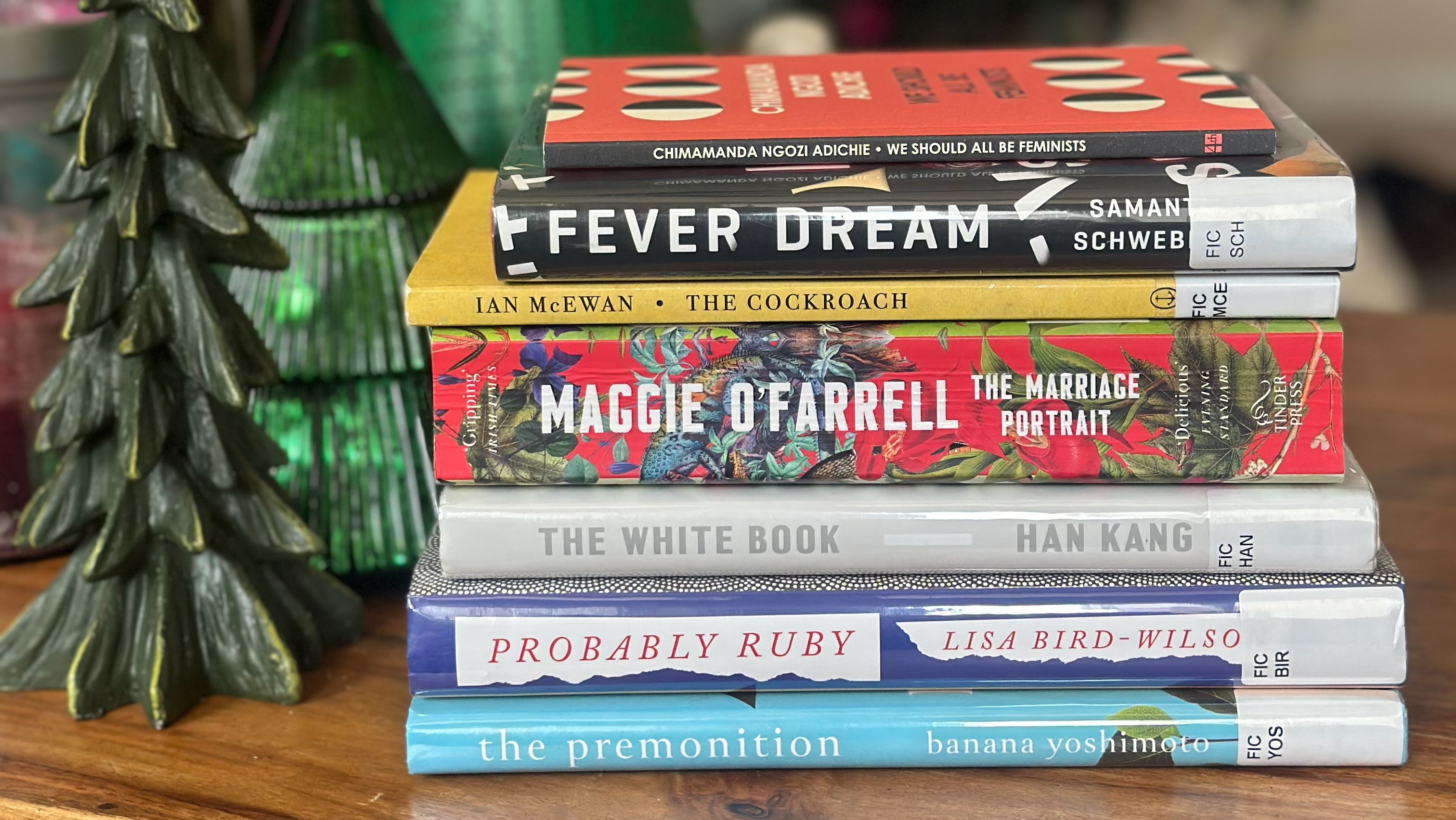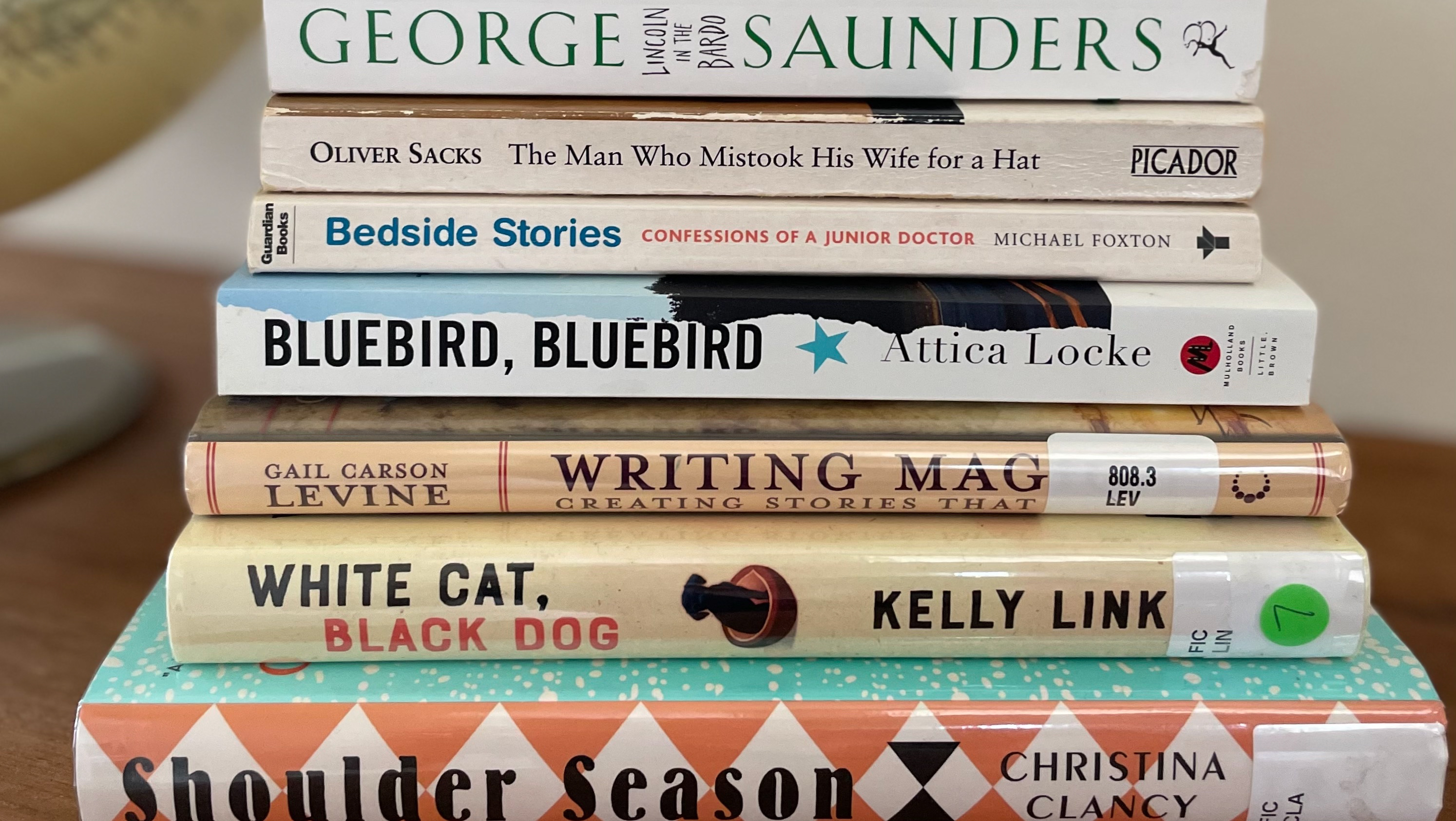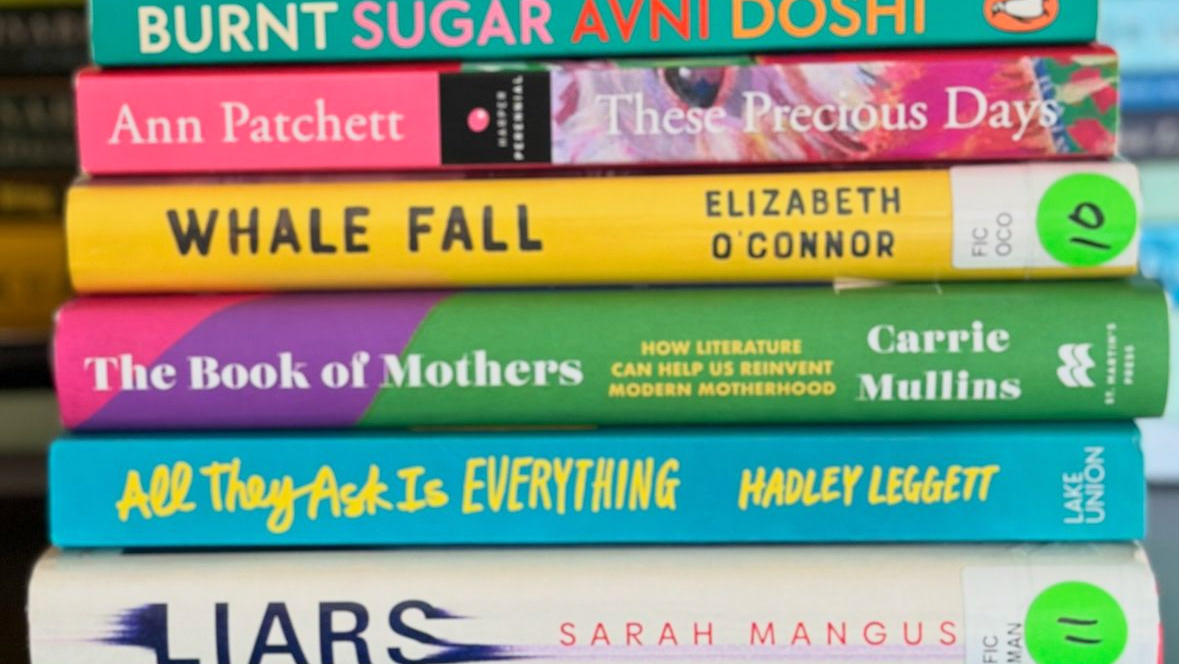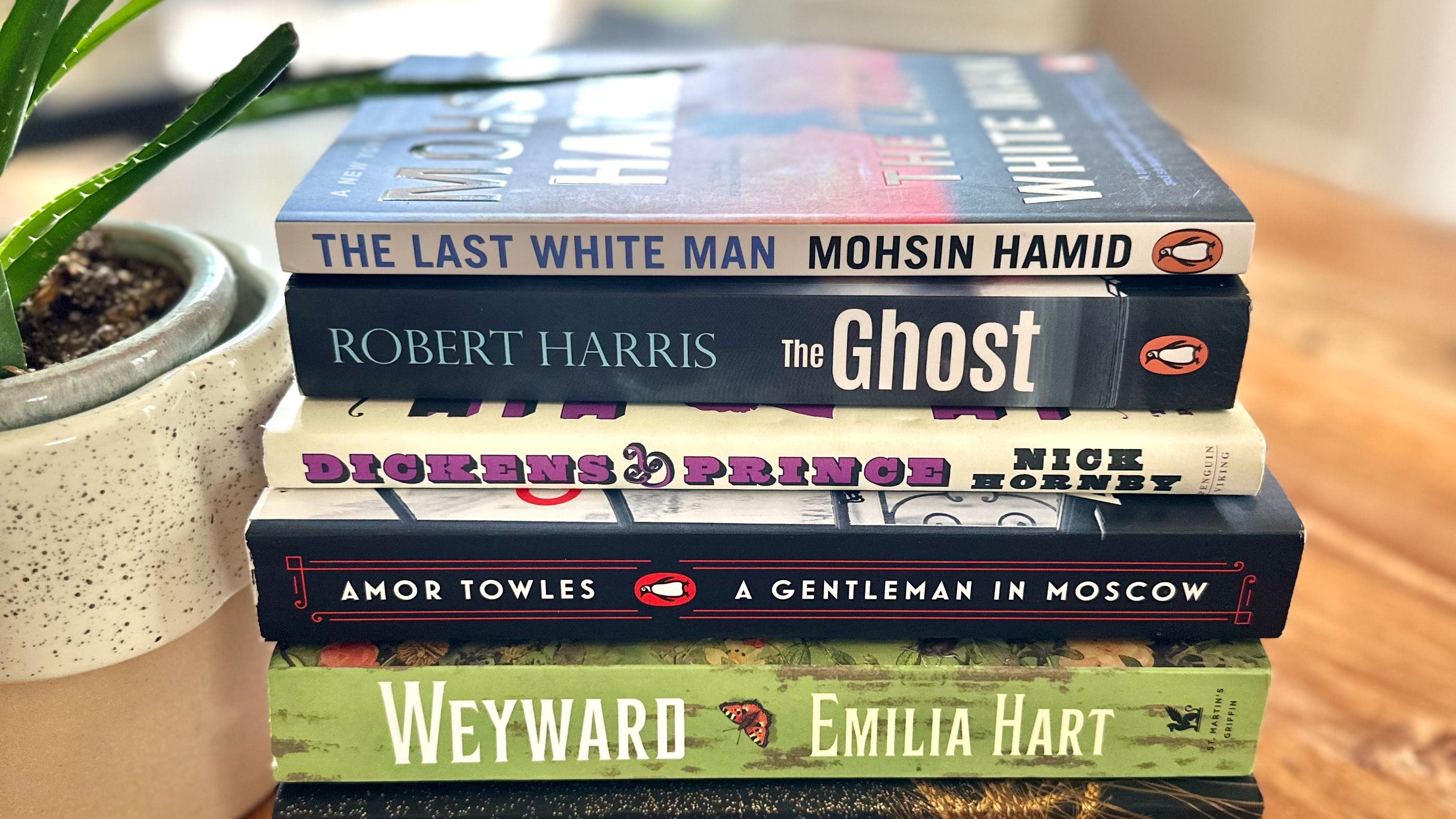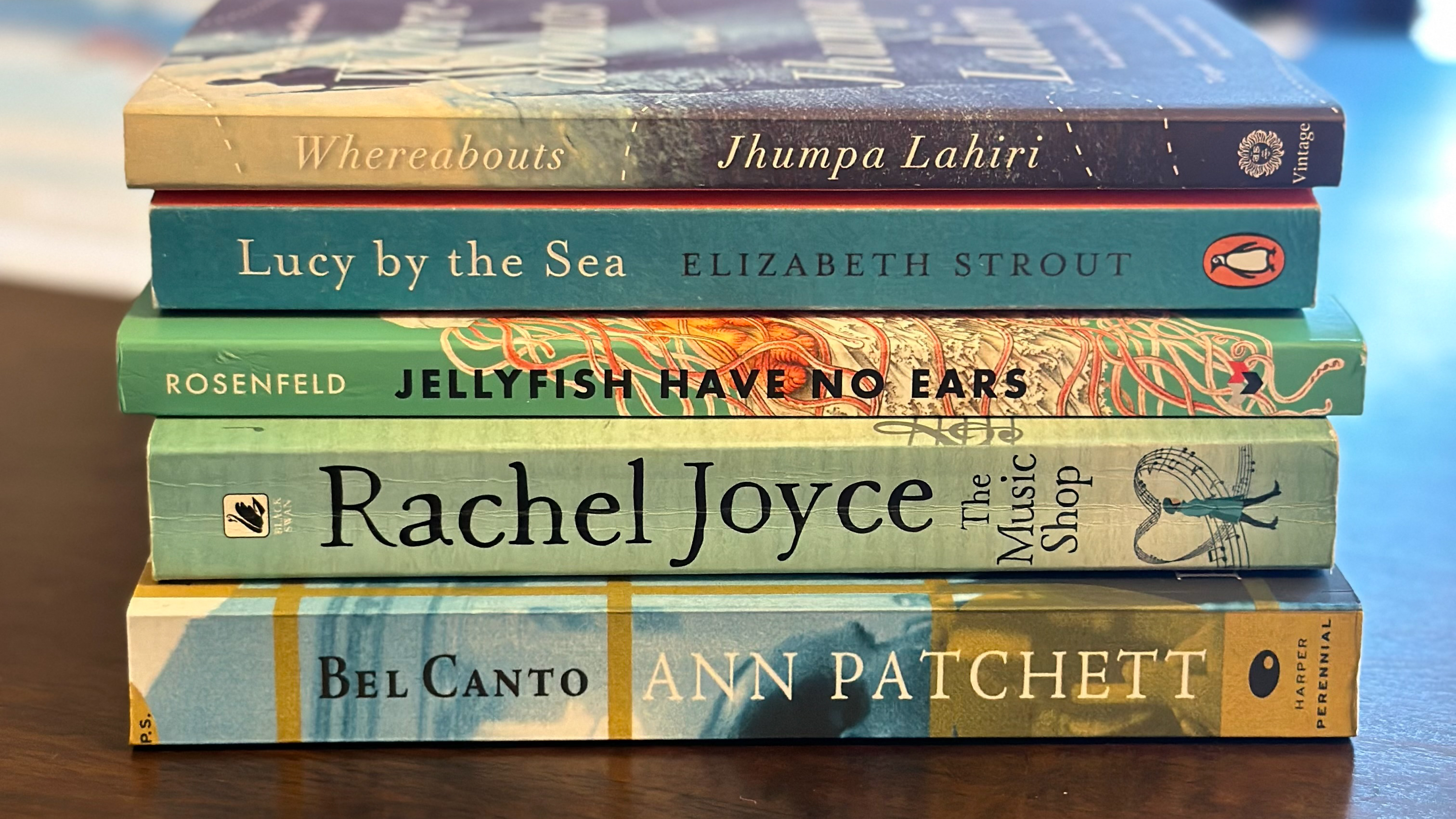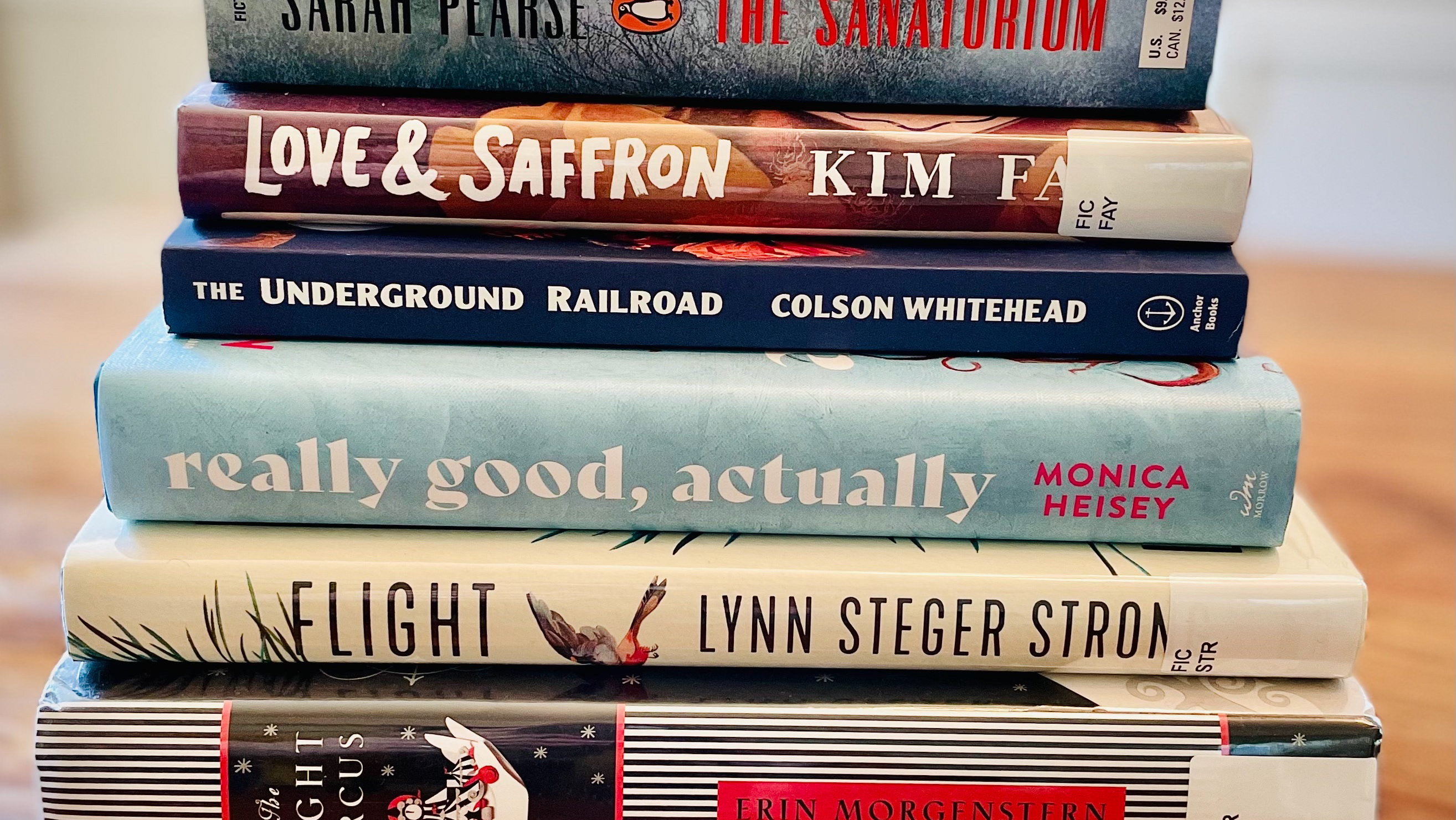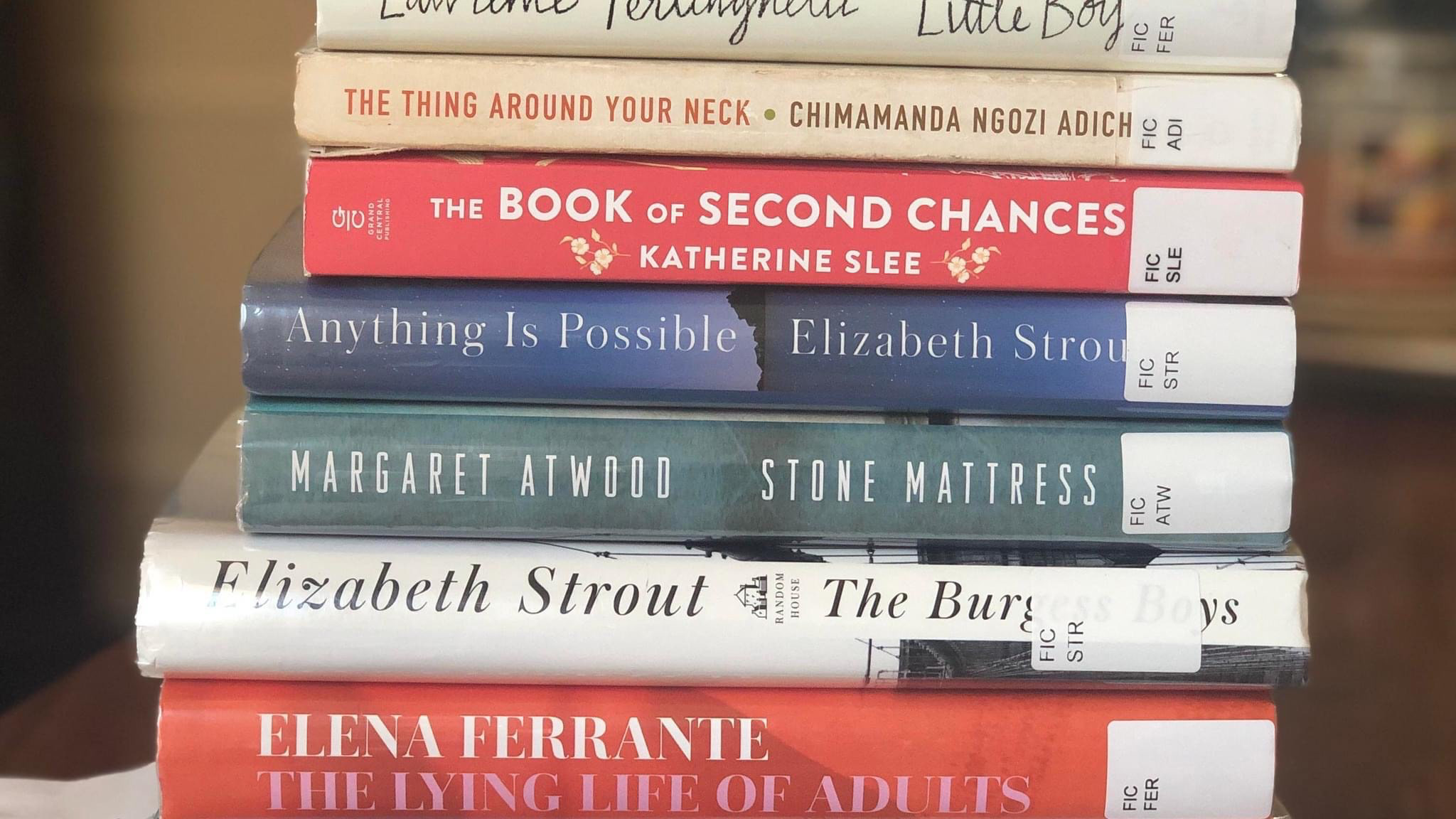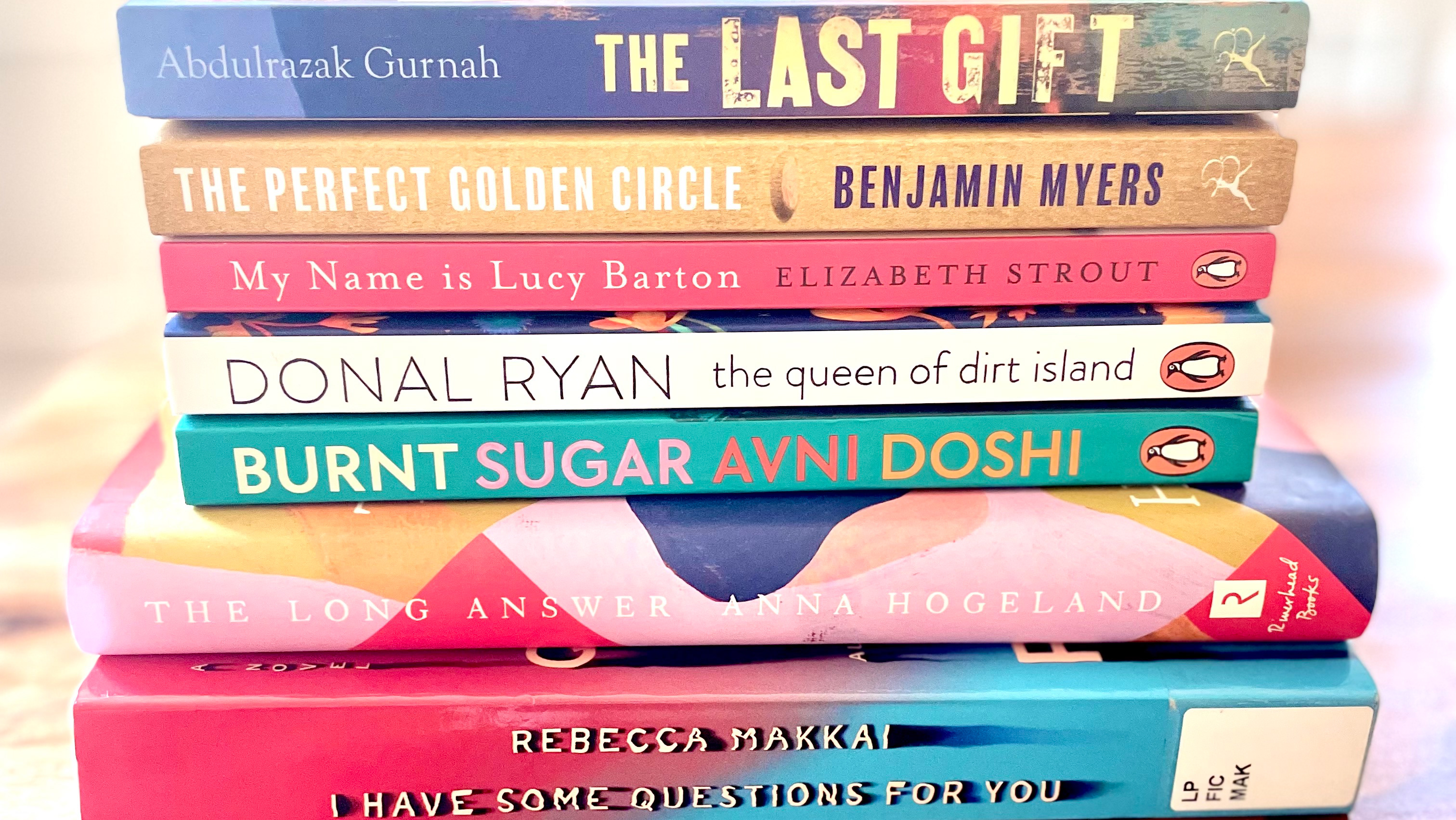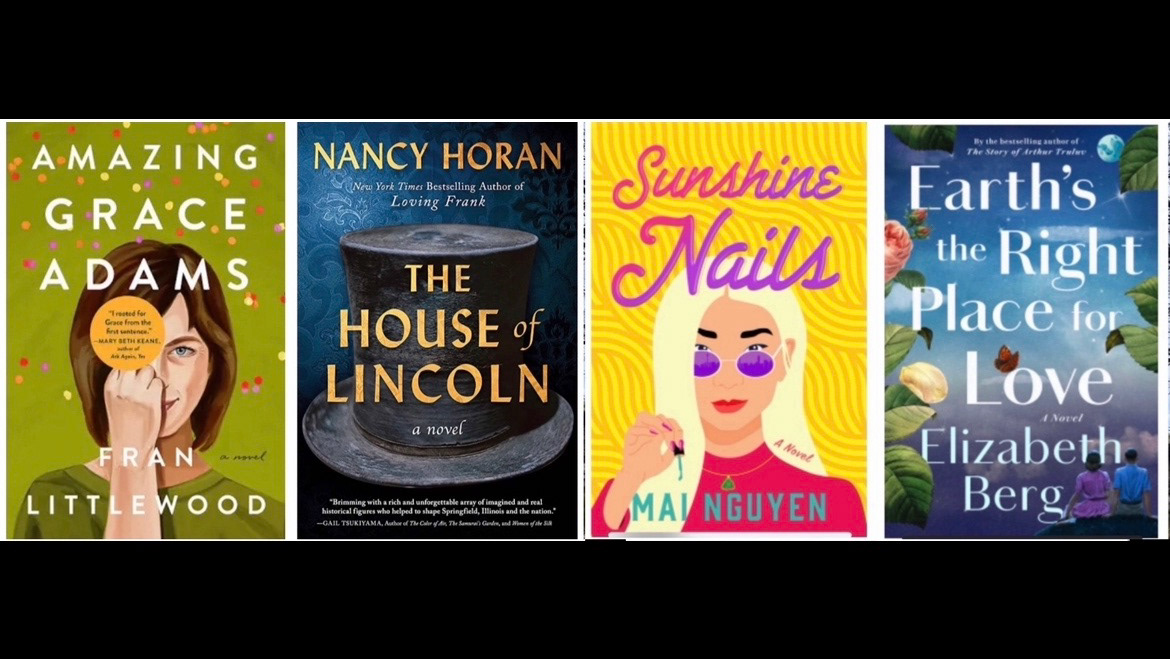Us by David Nicholls
It's uncanny how much is in this novel that I seem to have echoed in my own latest novel draft. That's not to say it's an exact comparative text but the ways David Nicholls has created his story and pulled his readers has given me confidence to continue with getting my novel into a good space! The opening premise, some elements of relationships, European locations, innocent emotionality of characters as they traverse their experiences in Europe and even word choices later in the novel, such as 'disentangled' are all interesting connections I have inadvertently included in one way or another in my own writing.
Anyway, forgive me but that's why David Nicholls' novel longlisted for the 2014 Man Booker Prize has been on my reading list and why I'm reading my way through his novels including 'Us', 'One Day' and 'Sweet Sorrow', which I'm looking forward to!
Things I love about this novel are its structure, its plot movement and emotionality in the second half and the description of places in Europe on the Petersen family's Grand EuropeanTour.
This novel is heartbreaking in its narrative about two people who make a go of their marriage but ultimately are so different that their marriage experiences become a central hiccup in their partnership and ultimately lives. The way in which Nicholls gradually entwines the reader's empathy to his characters is magnificent. I didn't necessarily like the protagonist of Douglas Petersen in the first half of the novel, but his journey of discovery and learning about his own emotions is beautifully honest and true in the second half of the novel.
The narrative is presented in short vignettes collated into sections that correspond with places in Europe where the Petersens travel during their last family holiday before their son Albie is to go off to college. The fact that wife Connie drops a bombshell about thinking their marriage might be over on the first page of the novel does not stop the Grand Tour but triggers a holiday of uncomfortable circumstances. It's hard to read in places because Douglas seems so ignorantly vulnerable or perhaps just ignorant and vulnerable.
The story also jumps backwards and forwards in time, offering memories and nostalgic speculation of past life events in correspondence with their present day movements.
Finally, the British dark humour ... loved it! Miss it in fact, as a Brit living in the US. Really enjoyed listening to David Nicholls interviewed about this novel on the BBC World Book Club podcast (May 11th 2019)
review by Christina Francis-Gilbert
One Day by David Nicholls
Read this novel years ago and remember it being a much-talked-about book and film. The story is a familiar one in that it tells of students at the University of Edinburgh, who meet, kiss, spend the day and almost an evening together, on their graduation day back in 1988. Emma Morley is from a working-class family in Leeds, an ardent student with idealistic plans to "change the world". She is the Northerner whilst Dexter Mayhew represents the typical 'playboy' socially advantaged, entitled, lazy but frustratingly confident and probably attractive Londoner. David Nicholls uses these two to form a typical British North-South magnetic relationship: one that both attracts and repels. The story structure gives us scenes throughout twenty years of life following their first romantic meeting, yet the strength and value of their friendship is never fully understood by either of them. There are five Parts with story updates of how both Emma and Dexter are faring in their individual lives:
Part One: Early Twenties: 1988-1992
Part Two: Late Twenties: 1993-1995
Part Three: Early Thirties: 1996-2001
Part Four: Late Thirties: 2002-2005
Part Five: Three Anniversaries
I loved the epigraphs chosen by David Nicholls at the start of each section, including words from Charles Dickens, James Salter and Thomas Hardy.
The specificity and detail given for each era and British location worked fabulously well for me as a reader.
Dexter is obnoxious and a real boy-child who doesn't seem to know how to grow up and there are sad moments where all the reader can really do is pity him. The novel is a real representation of the '80s. '90s and '00s.
Emma is the heroine in the story, knowing that she would never do well to get together with bad boy Dexter in a romantic way, yet keeping a friendship and long-distance attraction, rather than cutting free completely doesn't always do her well.
N.B. The 2011 film might be worth a watch again if you've (not) watched it before. There is going to be a new Netflix series of the book coming in 2024. I'm afraid I haven't been taken by the trailer though since it doesn't show Dexter to be sly or conceited enough!
review by Christina Francis-Gilbert
Tom Lake by Ann Patchett
I can't get enough of this novel and Ann Patchett's narratives. Patchett's narrative artistry is magnificent. Highly recommended.
review by Christina Francis-Gilbert
